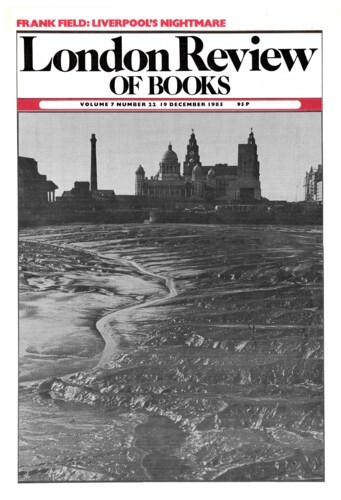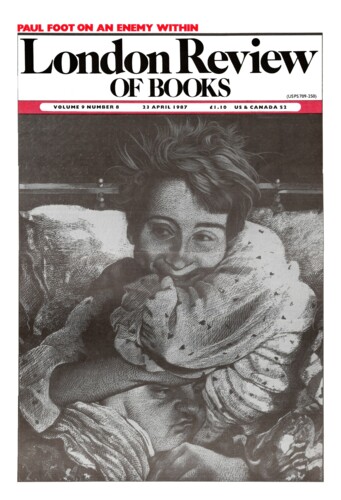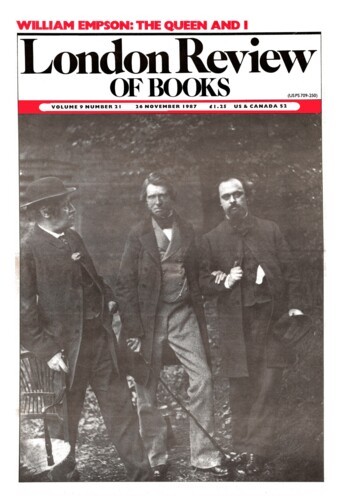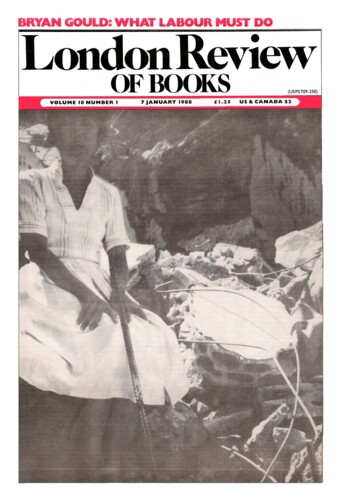Michael Howard praises the poets of the Great War
Michael Howard, 19 December 1985
It is only fitting that nations should honour their poets, for poets shape the soul of the nation. They take our language, use it to mould the images and the thoughts which we share in common, and in so doing they enrich and develop the language itself. They create those secret harmonies which we alone can hear; they teach our ears to hear and our eyes to see; they bind us together as a family is bound together by common experience and memories. Unlike music, poetry is necessarily and properly parochial. It is ours. No other people can say the same things in the same way. It is the true essence of a people, their peculiar inimitable voice.




